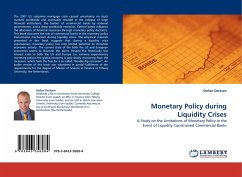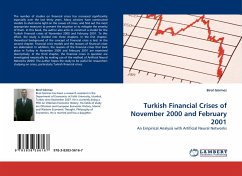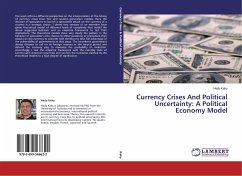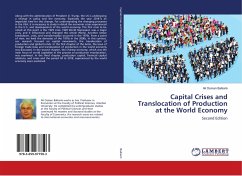
Monetary Policy during Liquidity Crises
A Study on the Limitations of Monetary Policy in the Event of Liquidity Constrained Commercial Banks
Versandkostenfrei!
Versandfertig in 6-10 Tagen
32,99 €
inkl. MwSt.

PAYBACK Punkte
16 °P sammeln!
The 2007 US subprime mortgage crisis caused uncertainty on stock markets worldwide and eventually resulted in the collapse of large financial institutions, the bailout of commercial banks by national governments, and a deep worldwide recession. Central banks influence the allocation of financial resources through monetary policy decisions. This book discusses the role of commercial banks in the monetary policy transmission mechanism during liquidity crises. The empirical research presented in this book suggests that during a liquidity crisis expansionary monetary policy has only limited potent...
The 2007 US subprime mortgage crisis caused uncertainty on stock markets worldwide and eventually resulted in the collapse of large financial institutions, the bailout of commercial banks by national governments, and a deep worldwide recession. Central banks influence the allocation of financial resources through monetary policy decisions. This book discusses the role of commercial banks in the monetary policy transmission mechanism during liquidity crises. The empirical research presented in this book suggests that during a liquidity crisis expansionary monetary policy has only limited potential to stimulate economic activity. The current state of the both the US and European economies seems to illustrate this point. Despite the historically low interest rates in both the US and Europe (i.e. extreme expansionary monetary policy), the global economy is only slowly recovering from the recession, which fuels the fear for a so-called double dip recession . An earlier version of thisbook was submitted in partial fulfillment of the requirements for the degree of Master of Science in Finance at Tilburg University, the Netherlands.












